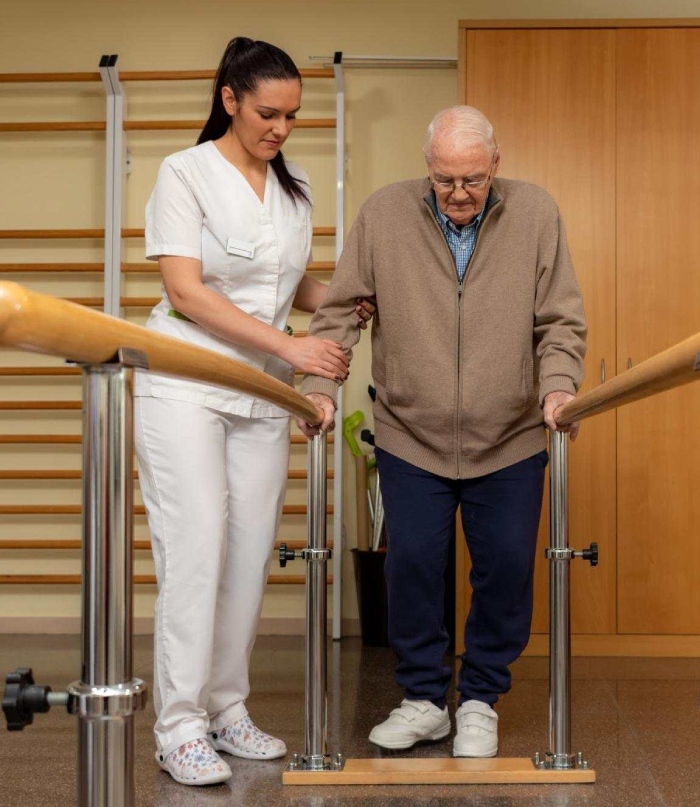OT Therapist Assistance
An occupational therapy (OT) assistant works under the supervision of a qualified occupational therapist to support clients in achieving their therapy goals. This is particularly valuable for clients who cannot afford ongoing sessions with a therapist but require consistent support to maintain progress. OT assistants provide cost-effective, practical assistance while ensuring therapy aligns with the therapist’s plan. Below is a list of appropriate services an OT assistant can offer, followed by the benefits for clients.
Services Provided by an OT Assistant are
- Implementing Therapy Plans: The OT assistant carries out activities or exercises prescribed by the occupational therapist, such as practicing daily living skills (e.g., dressing or meal preparation), ensuring continuity of care.
- Supporting Skill Development: Under the therapist’s guidance, the assistant helps clients practice fine motor skills, mobility, or cognitive tasks, reinforcing techniques introduced by the therapist.
- Assisting with Equipment Use: The OT assistant can train clients to use adaptive equipment (e.g., wheelchairs, cutlery aids) recommended by the therapist, ensuring safe and effective use at home.
- Facilitating Home-Based Activities: The assistant supports clients in completing home exercises or modifications (e.g., setting up a safe workspace), as directed by the therapist, to enhance independence.
- Monitoring Progress: The OT assistant observes and records the client’s progress during sessions, providing feedback to the therapist to adjust the care plan as needed.
- Providing Encouragement and Motivation: The assistant offers emotional support and encouragement, helping clients stay engaged in their therapy goals without the need for frequent therapist visits.
- Liaising with Families or Carers: Under supervision, the assistant educates family members or carers on how to assist the client, extending the therapy’s impact within the client’s support network.

Benefits for Clients
- Cost-Effective Care: Clients with limited funding can access affordable support from an OT assistant, reducing the financial burden while maintaining therapy under a therapist’s oversight.
- Continuity of Therapy: Regular sessions with an assistant ensure that therapy progresses consistently, preventing setbacks that might occur without ongoing support.
- Increased Access to Support: Clients who cannot afford frequent therapist visits still receive hands-on assistance, bridging the gap between therapist consultations.
- Improved Independence: Consistent practice of skills and routines with the assistant helps clients build confidence and independence in daily activities, as guided by the therapist.
- Personalized Supervision: The OT assistant follows the therapist’s tailored plan, ensuring interventions remain specific to the client’s needs and goals, in line with AHPRA standards.
- Enhanced Engagement: Regular interaction with an assistant keeps clients motivated and committed to their therapy, improving overall outcomes.
- Support in Familiar Environments: Services delivered at home or in the community by an assistant allow clients to practice skills in real-life settings, reinforcing the therapist’s strategies.

 PO Box 357, Brighton Le Sands, New South Wales, 2216, Australia
PO Box 357, Brighton Le Sands, New South Wales, 2216, Australia




